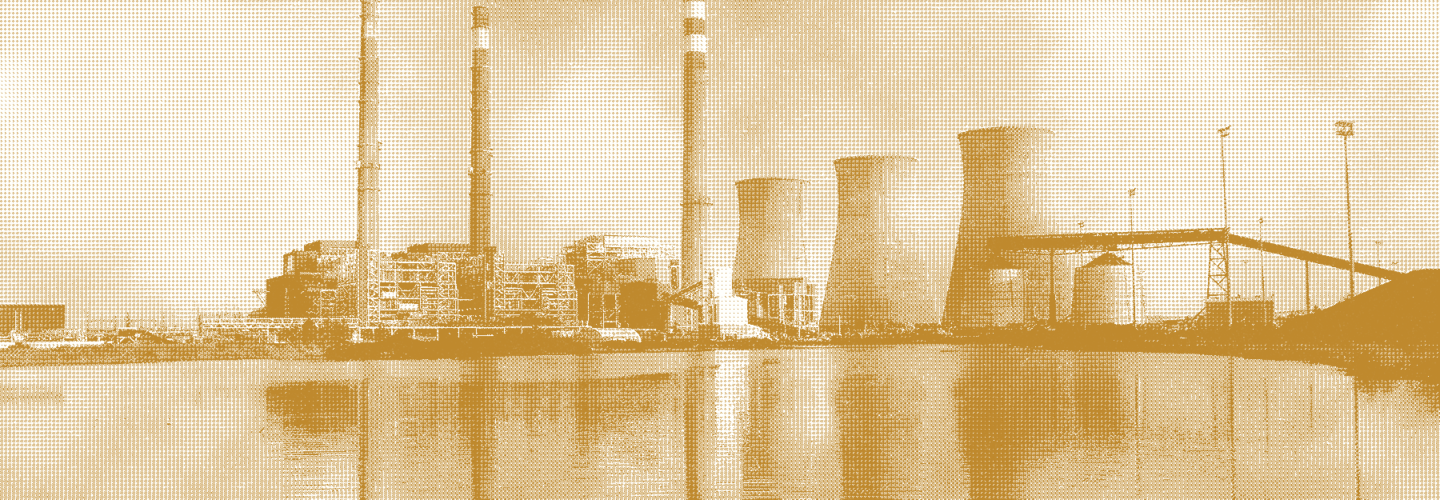Massachusetts Moves to Limit New Gas Infrastructure
Massachusetts has moved to discourage new investment in natural gas infrastructure by blocking utilities from recovering costs unless they can show they first considered non-gas alternatives.
The order issued Dec. 6 by the Department of Public Utilities in Docket No. 20-80 follows more than three years of work by the DPU to engineer a reduction in the state’s greenhouse gas emissions.
But it is only a first step, an attempt to discourage and dissuade rather than to ban. Ratepayer discretion is preserved, and the order’s effectiveness will depend in large part on the decisions they make.
There are many more steps to come as the DPU works to balance all the moving pieces, competing interests and still-unknown factors to create a climate-protection solution that is workable, affordable and equitable.
The Acadia Center, which had been pushing for a strong statement by the DPU, applauded Wednesday’s order, calling it a potentially transformative measure that addresses many of the clean energy advocacy group’s priorities.
Eversource Energy and National Grid, which combined have more than 1.5 million gas customers in the Bay State, said in separate statements they support the state’s net-zero goals and are reviewing details of the 140-page order.
The Acadia Center said: “The 20-80 order today from the DPU has the potential to be one of the most transformative decisions in Massachusetts climate history. … That being said, implementation and follow-through will be incredibly important, as always. Thoughtful planning by the Department and the commonwealth will be needed to ensure positive outcomes on key areas such as customer affordability, a just transition for gas workers, and infrastructure planning and management. This order therefore serves as an important midpoint in a multiyear process, as this decision will now lead to other key dominos like evaluation of gas utility stranded asset risk, decoupling mechanism revisions, systematic consideration of non-gas pipeline alternatives, and reassessment of gas utility policies on new and existing customer connections.”
To read the full article from RTO Insider, click here.




















Follow us